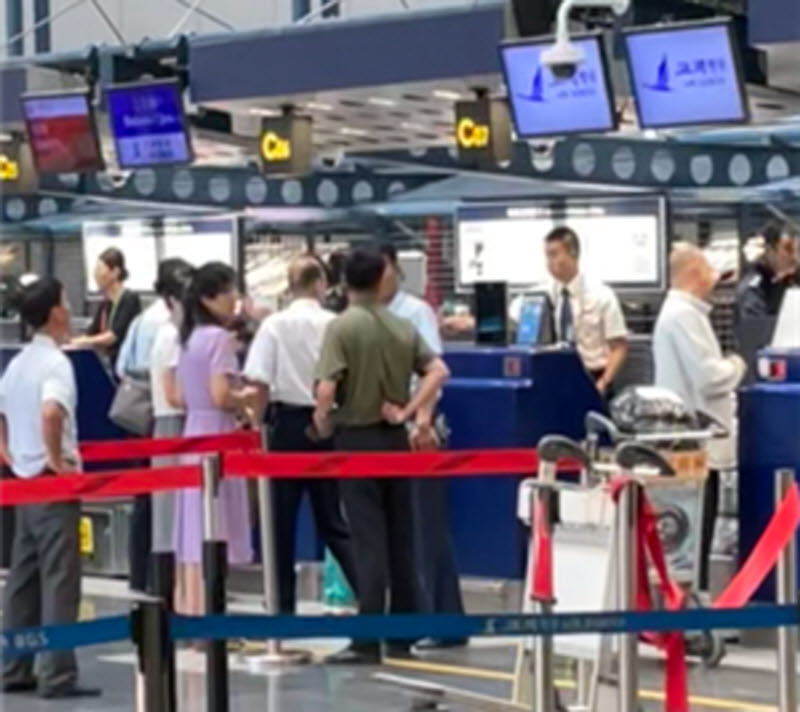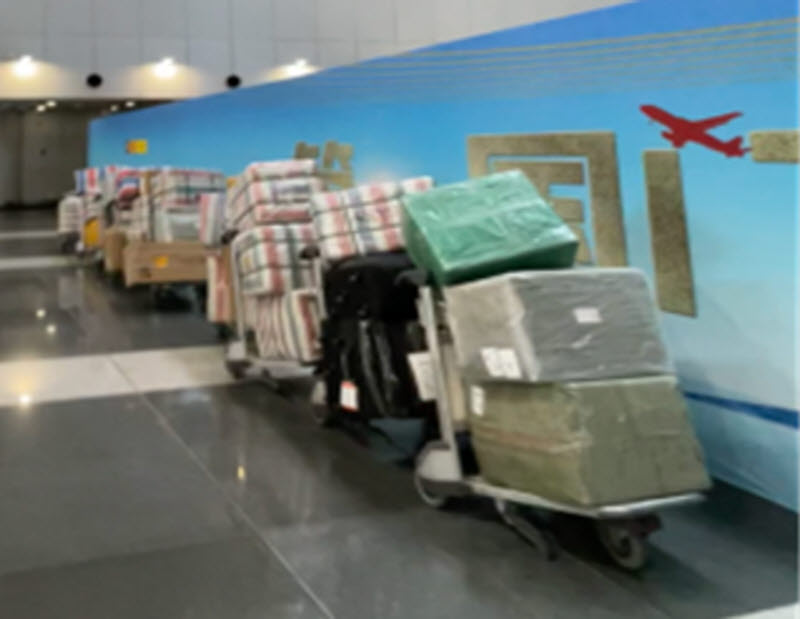As China recently decided to send North Korean workers whose visas have expired back to their home country, North Korea reportedly has taken steps to redeploy a significant number of its Information Technology (IT) workers to Russia. This move comes as a response to China’s stricter enforcement of sanctions that prohibit the employment of North Korean workers.
Tensions between North Korea and China have been noticeable since the North Korean leader Kim Jong-un visited Russia in September last year, where he held a summit with Putin and significantly strengthened bilateral cooperation.
According to a well-informed source, “China has demanded the repatriation of North Korean workers,” the source told JoongAng Ilbo, a leading Korean newspaper affiliated with the Korea Daily, on July 31. “In response, North Korea plans to redeploy IT workers who are set to leave China to Russia.”

United Nations Security Council Resolution 2397 (adopted in 2017) bans the employment of North Korean workers by member states. However, China had previously allowed these workers to stay by issuing student visas or other non-labor visas.
[Kim Jong-un’s bold move: North Korean diplomats told to ignore China]
[North Korea orders immediate repatriation of workers following China’s directive]
Despite these sanctions, North Korea has reportedly increased its earnings from overseas labor dispatch to as much as $1.1 billion annually, nearly three times the amount earned before the UN sanctions, according to the UN Security Council Sanctions Committee on North Korea. Before the sanctions, North Korea had about 50,000 workers in China, with several hundred believed to be in the IT sector. Given the increased earnings, it is likely that the number of workers has also grown.
During the COVID-19 pandemic, North Korea closed its borders, making it impossible for North Korean workers to return home and halting the dispatch of new workers. This led to unrest in some factories. With the easing of the pandemic and the reopening of borders, North Korean workers are beginning to return home.

In response to the financial impact of losing these workers, Kim Jong-un appears to be focusing on Russia, particularly in the IT sector, which has become a new “cash cow” for the regime. The IT industry helps fund the regime’s operations and illegal activities, including nuclear and missile development.
North Korea has capitalized on the growth of big tech and cryptocurrency firms during the pandemic, using IT workers for activities like hacking cryptocurrencies. These workers also generate revenue through illicit online activities such as operating gambling or prostitution websites, or by disguising their identities to gain employment with overseas IT companies, including those in the U.S.
By relocating its IT workers to Russia, North Korea is trying to maintain its income from this sector. It is also preparing to send new workers to Russia, while gradually repatriating other workers from China. This month, numerous North Korean workers were seen returning from Beijing to Pyongyang.

Russia is likely to continue employing North Korean workers through similar visa manipulations. This arrangement benefits both countries: North Korea needs a stable source of foreign currency, and Russia requires quality labor for its Far East development projects. South Korean Intelligence agencies have been monitoring these developments since the North Korea-Russia summit last September.
The growing rift with China has pushed North Korea closer to Russia in various areas, including sports. Another source revealed that North Korea unilaterally canceled a friendly basketball match with a Chinese team in early July, while strengthening sports exchanges with Russia by hosting friendly women’s soccer matches in Moscow last month.
Experts believe that North Korea will continue to exploit the situation between China and Russia to maximize its benefits. Since the start of this year, North Korea and Russia have publicly engaged in over 20 personnel exchanges, expanding their cooperation in various fields.
“North Korea has a history of maximizing its interests through equidistant diplomacy, even during the Sino-Soviet split in the 1960s,” said Oh Kyung-seop, a researcher at the Korea Institute for National Unification. “Currently, North Korea is leveraging the gaps created by the Ukraine war to deepen ties with Russia, but it also knows that it can restore relations with China whenever necessary.”
BY YEONGGYO CHUNG, YOUNGNAM KIM [chung.yeonggyo@joongang.co.kr]






